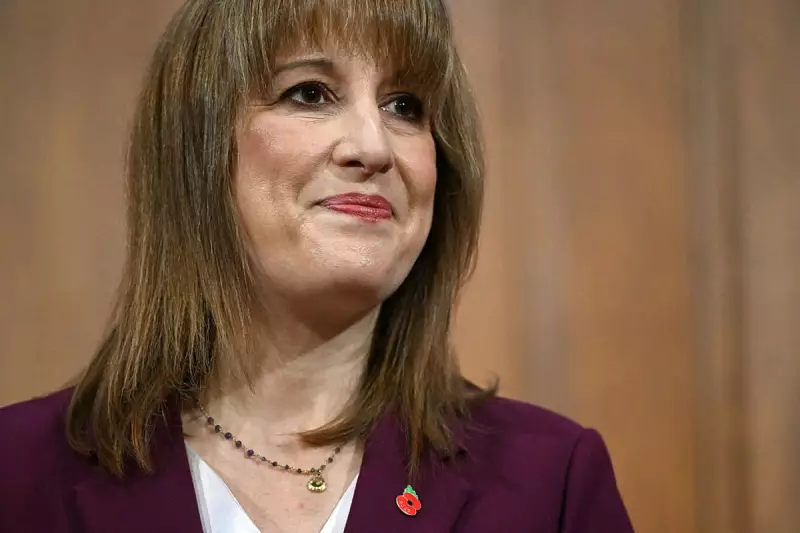
Prime Minister Sir Keir Starmer has sparked concern over a potential 'stealth' rise in income tax, after he repeatedly refused to rule out extending a freeze on tax thresholds during Wednesday's Prime Minister's Questions.
The refusal to comment came after intense questioning from opposition leader Kemi Badenoch, and follows speculation that Chancellor Rachel Reeves could breach Labour's manifesto promises in the upcoming Budget.
What is the 'stealth' tax rise?
At the heart of the issue is the policy of freezing income tax thresholds. The tax-free personal allowance has been frozen at £12,570 since 2021, a measure initially implemented by the previous Conservative government and set to remain until at least 2028.
This freeze does not involve changing the official rates of income tax. Instead, it works through a mechanism economists call 'fiscal drag'. As average earnings increase over time, but the thresholds for tax bands remain static, more people are pulled into higher tax brackets.
This means that even if you receive a pay rise, a larger portion of your income could be subject to a higher rate of tax, effectively increasing your tax bill without a formal change in the law.
How income tax bands work
Currently, the income tax system in England, Wales, and Northern Ireland operates with several bands. You pay no tax on the first £12,570 of your earnings.
Earnings between £12,571 and £50,270 are taxed at the basic rate of 20%. Income between £50,271 and £125,140 is taxed at the higher rate of 40%. Any earnings above £125,140 are subject to the additional rate of 45%.
It is crucial to note that the personal allowance is reduced for those earning over £100,000 and is completely eliminated for individuals with an income exceeding £125,140.
The financial impact of extending the freeze
The respected Institute for Fiscal Studies (IFS) has calculated the substantial impact of these freezes. They estimate that the existing freezes will reduce household incomes by an average of £1,250 by 2025-26.
Analysts point out that this 'stealth' tax measure will take more money from workers' pockets than the recent cuts to National Insurance.
If Labour chooses to extend the current freeze for an additional two years, it could raise between £7.5 and £8.3 billion for the Treasury. For individual basic-rate taxpayers, this could mean paying an extra £140 per year from April 2028.
According to the IFS, an extension would mean that 72.6% of earners aged 16 and over would be paying income tax by 2029/30, a significant increase from the 63.9% who would have been paying if the freeze had never been introduced.
With the Budget announcement imminent, millions of UK taxpayers are now waiting to see if the government will proceed with this controversial fiscal strategy.






